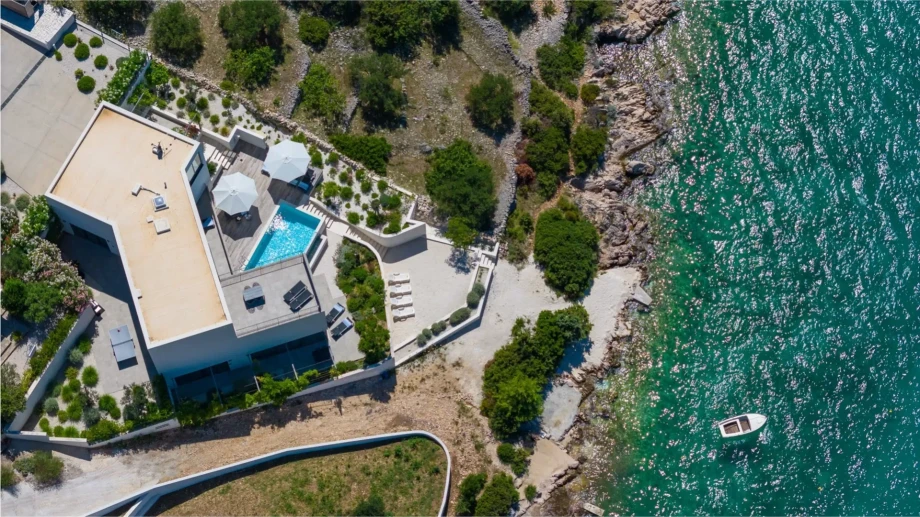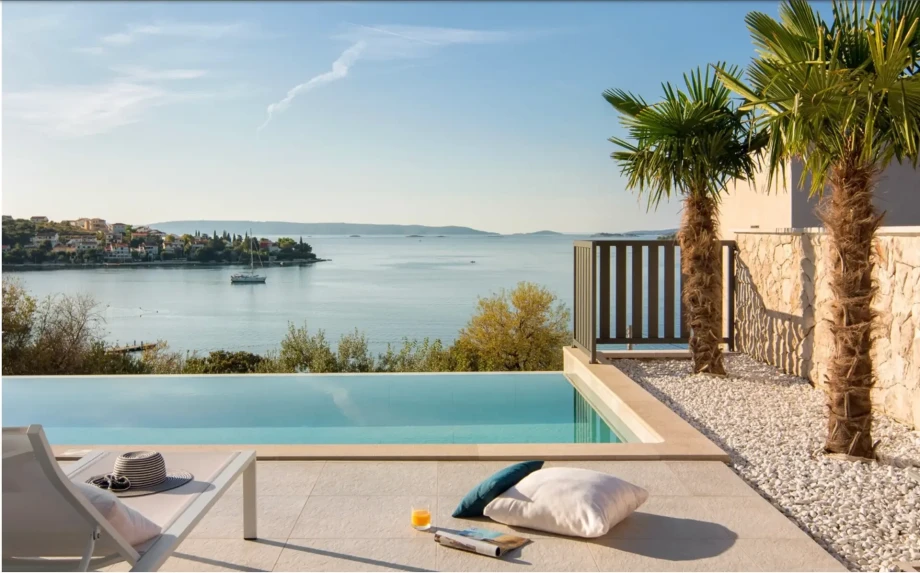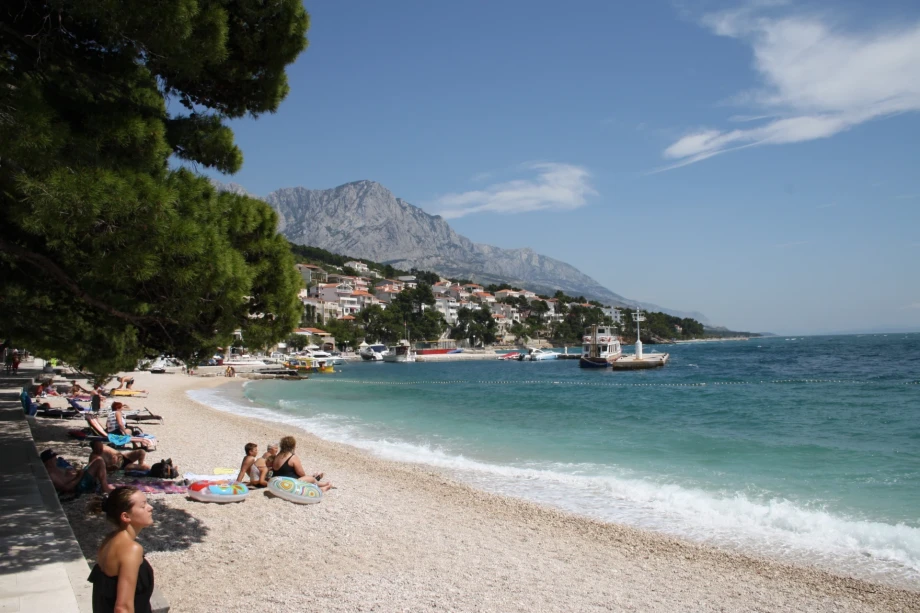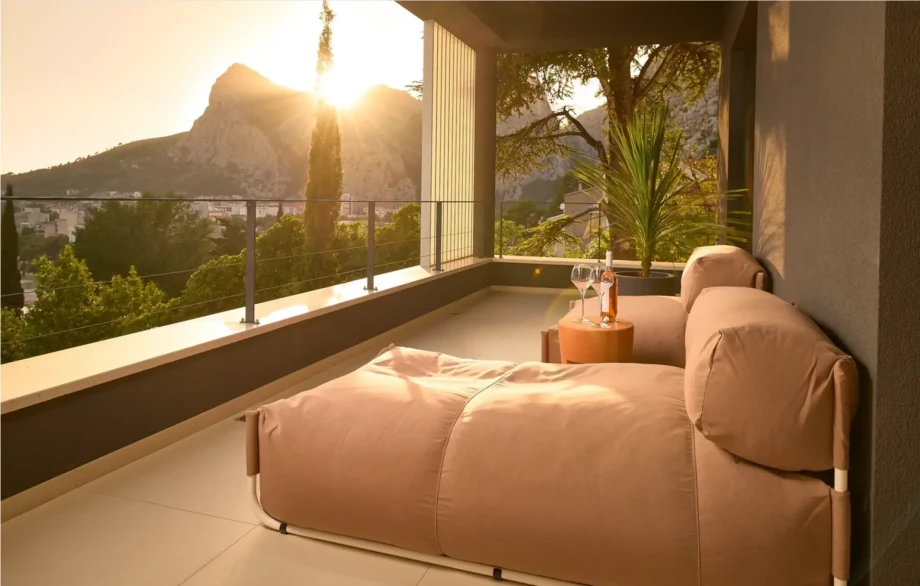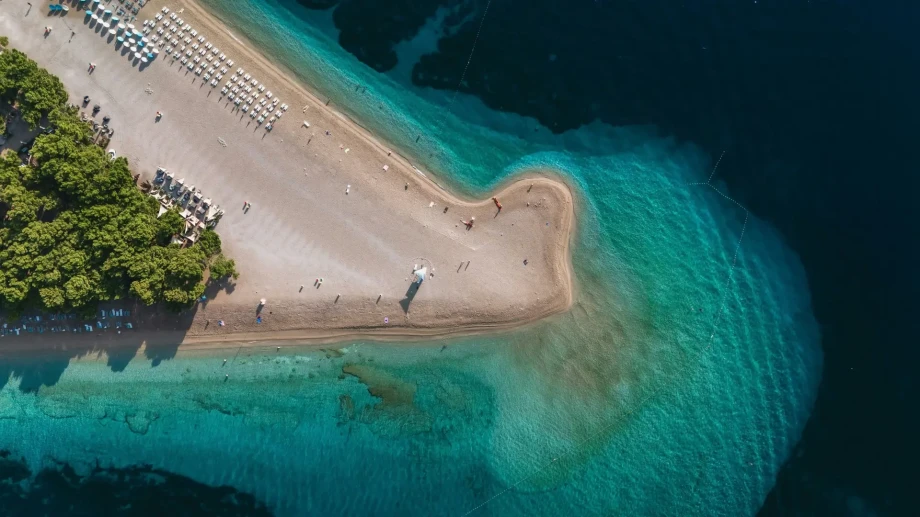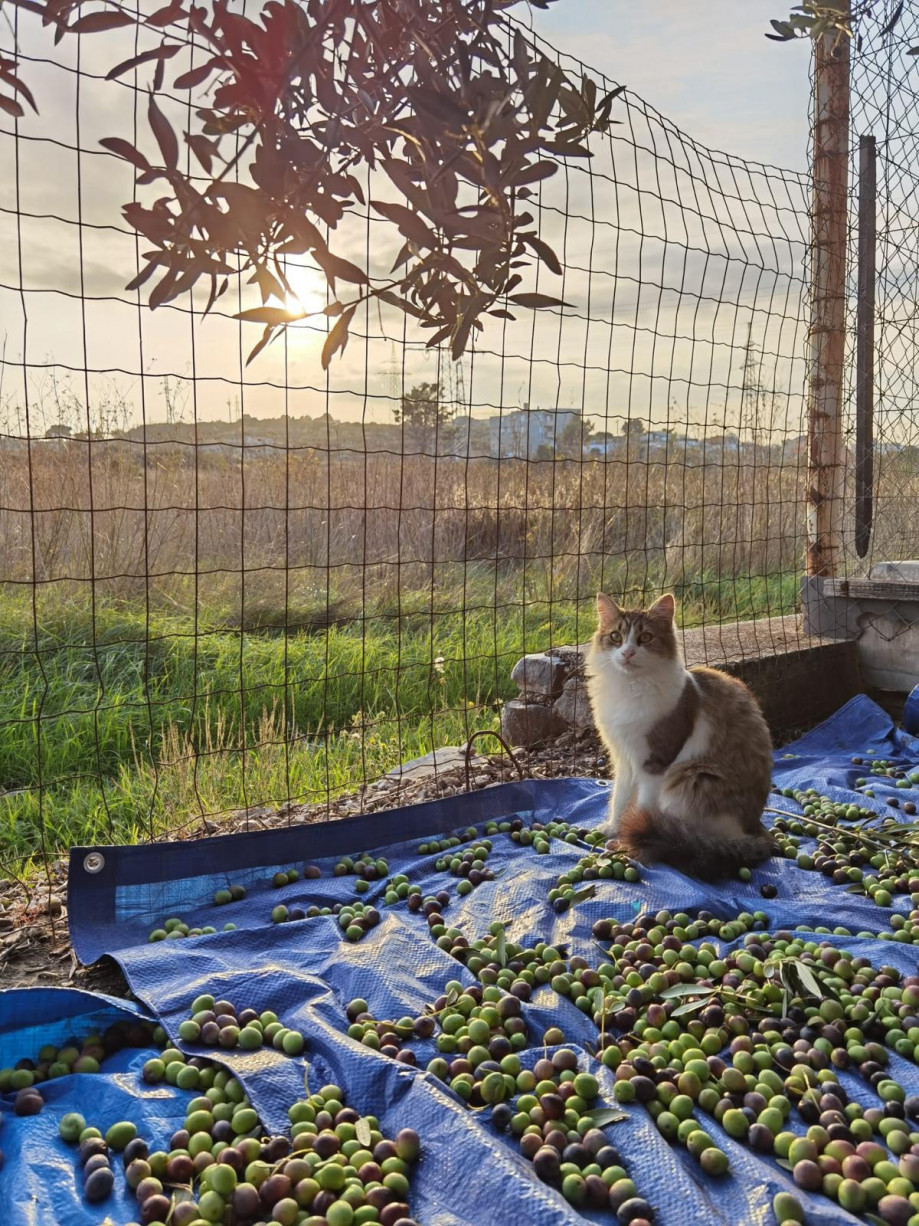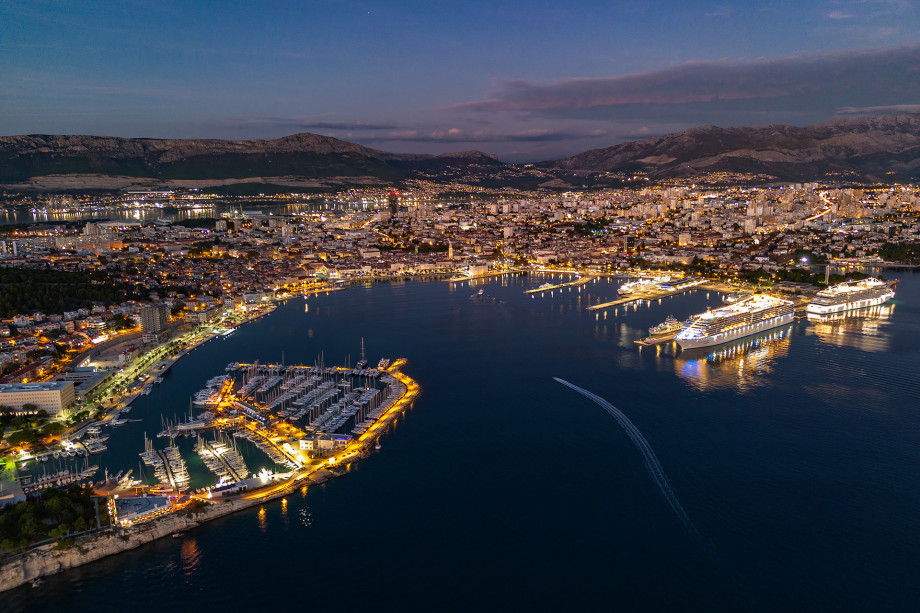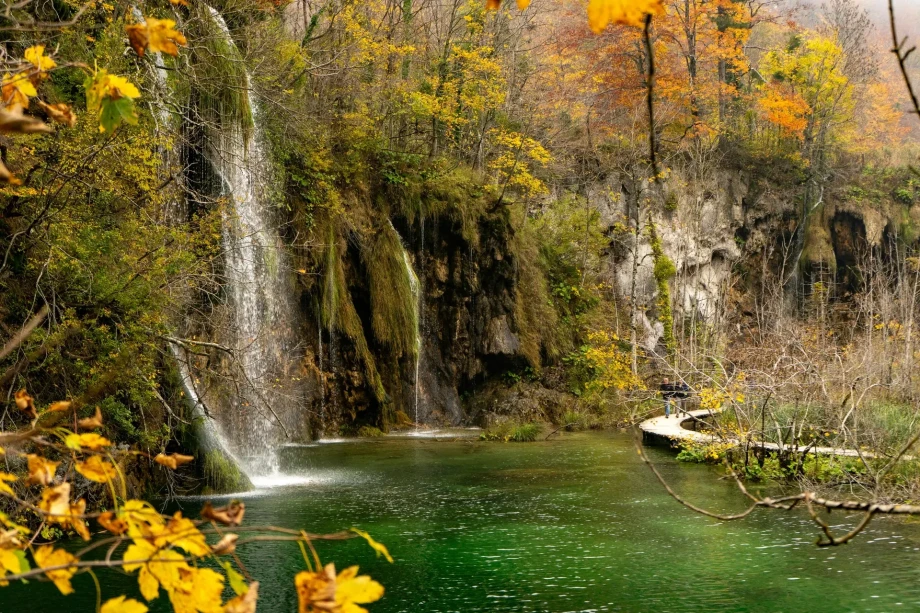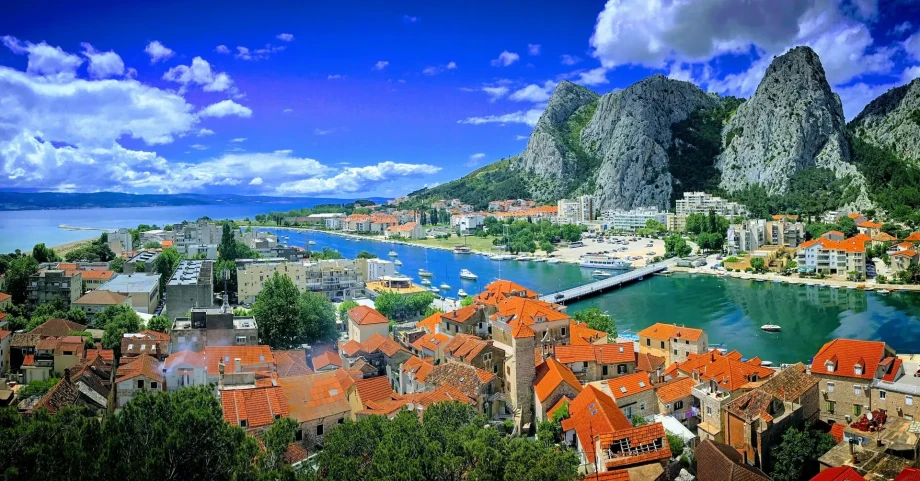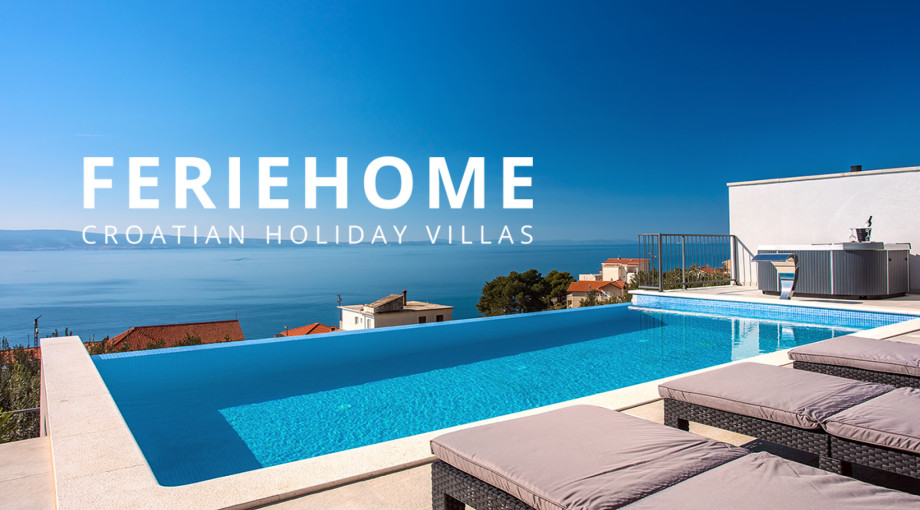There are several things you should know before you go to Croatia on vacation. Just to simplify your life, we have collected useful info about Croatia in this blog post.
Travel Documents
Your trip to Croatia doesn’t mean visa headaches either. In most cases, the only form of ID required is a valid passport. And if you’re an EU citizen, you can also use your national ID card. Croatian customs regulations are almost entirely in harmony with EU standards. There are some countries whose citizens are required to obtain a visa to enter Croatia (check if you need a Croatian visa – www.mpv.hr Croatian Ministry of Foreign Affairs website).
Travel Insurance
Travel insurance covers all kinds of situations if things go wrong: from luggage loss, trip cancellation, to medical assistance. If you are an EU-citizen then your European Medical Insurance Card covers your basic medical needs and emergency medical care. However, it doesn't cover emergency transport to your home country.
Non-EU citizens are advised to check with their embassies for what level of medical care they are covered in Croatia, as it heavily depends on the bilateral and reciprocal agreement between the countries.
Climate
There are two climate zones; a temperate continental climate, locally also a mountainous climate, prevails in the interior, whereas a pleasant Mediterranean climate prevails along the Adriatic coast, with an overwhelming number of sunny days and a sea temperature that does not fall under 20°C. This pleasant climate favors the relaxation and enjoyment of the treasures of the Adriatic coast. The average temperature: January 0 to 2°C, August 19 to 23°C; the average temperature at the seaside: January 6 to 11°C, August 21 to 27 °C; the sea temperature is about 12°C in the winter, and 25°C in the summer. The only thing we should warn you about is that it can get really hot during the summer. Luckily, you have the sea, and if you book a villa from our offer, you will also have a swimming pool to cool down during the hot days of your vacation.
Plugs and Voltage
The standard voltage is 220 volts, AC 50Hz. Primary sockets generally require European plugs of the two round pin variety. We recommend that you pack a universal travel adaptor. You will need a voltage converter and plug adaptor to use U.S. appliances.
Tap Water
The tap water is safe to drink in Croatia. However, if you still prefer to drink bottled water, bear in mind that bottled water is extremely expensive here.
Free WiFi
The Internet in Croatia is widely available. WiFi coverage is pretty good, with many towns offering free wifi hot spots at prominent places in a town. Most of the private accommodation, as well as hotels, and even campsites offer a free WiFi internet connection. However, the internet in Croatia isn't as fast as you are perhaps used to. At least it's not as fast everywhere in Croatia. In bigger towns, you should be ok.
Time Zone
Croatia is 1 hour ahead of Greenwich Meantime (GMT). From the last Sunday in March to the last Sunday in October, Croatia observes Daylight Saving and is 2 hours ahead of GMT.
Importante Telephone Numbers
International country code of Croatia – +385
Universal European emergency number (works in all EU countries):112
Police Croatia: 192
Fire Service Croatia: 193
Ambulance Croatia: 194
National search and rescue at sea center: 195
Help on the Croatian road: 1987
Crime and Security
The crime rate in Croatia is lower than in most European countries, and crimes against tourists are even less common. You can safely come to rest with a child or alone. Still, you must follow some elementary rules of precaution.
